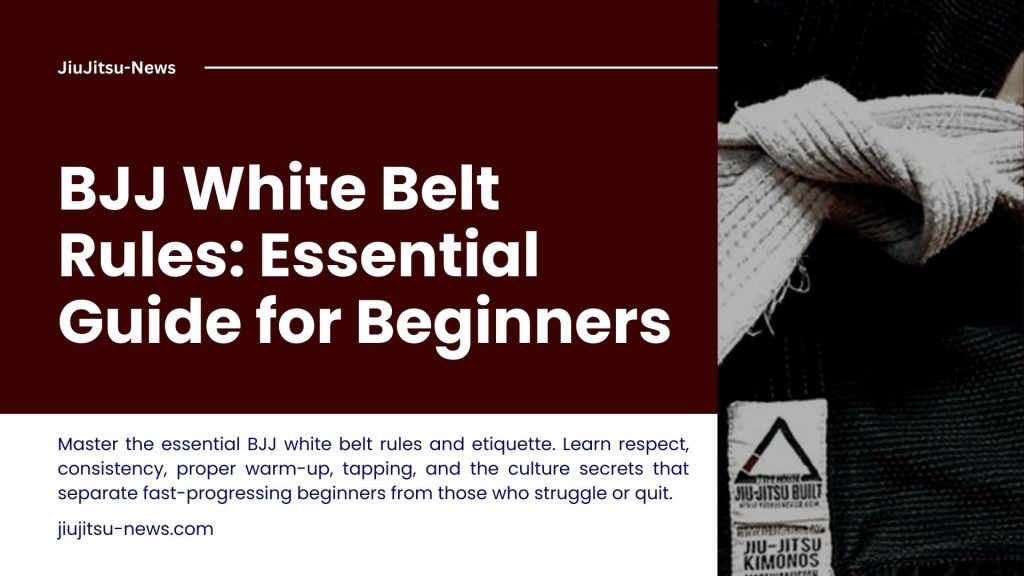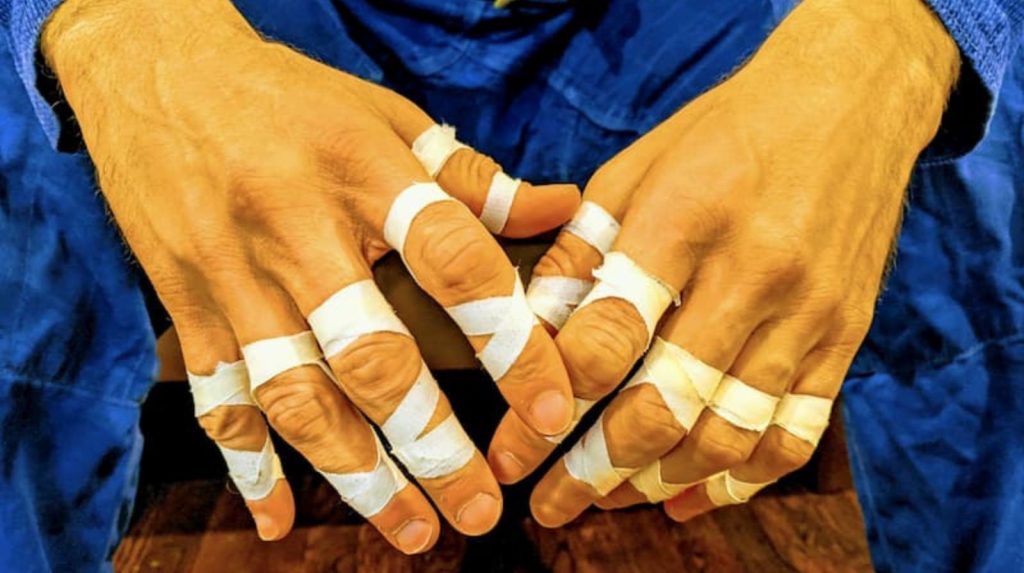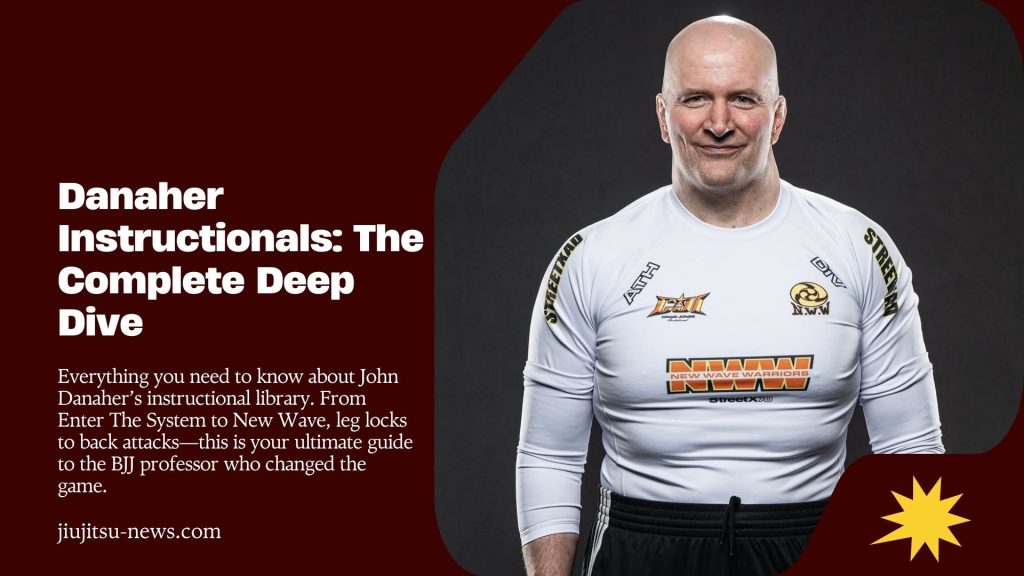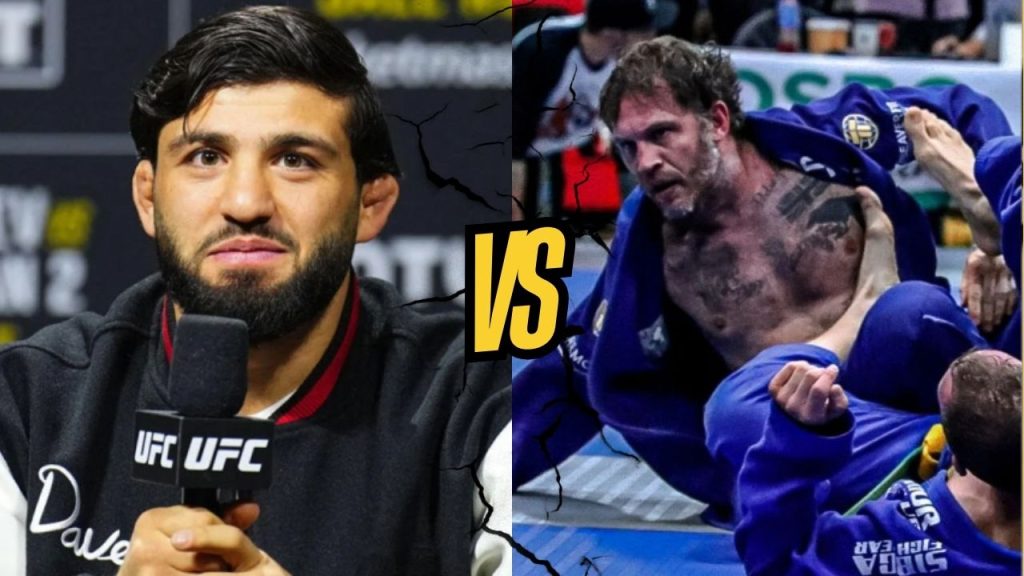The IBJJF World Championship is one of the most prestigious tournaments in Brazilian Jiu-Jitsu, attracting top-tier competitors from across the globe.
Known for its high-level competition and rigorous matches, the event serves as a critical benchmark for excellence in the sport. Winning at this championship means achieving international recognition, as it showcases both technical skill and mental fortitude.
For many athletes, the IBJJF World Championship is the pinnacle of their career goals, solidifying their status among the world’s elite and inspiring practitioners worldwide.
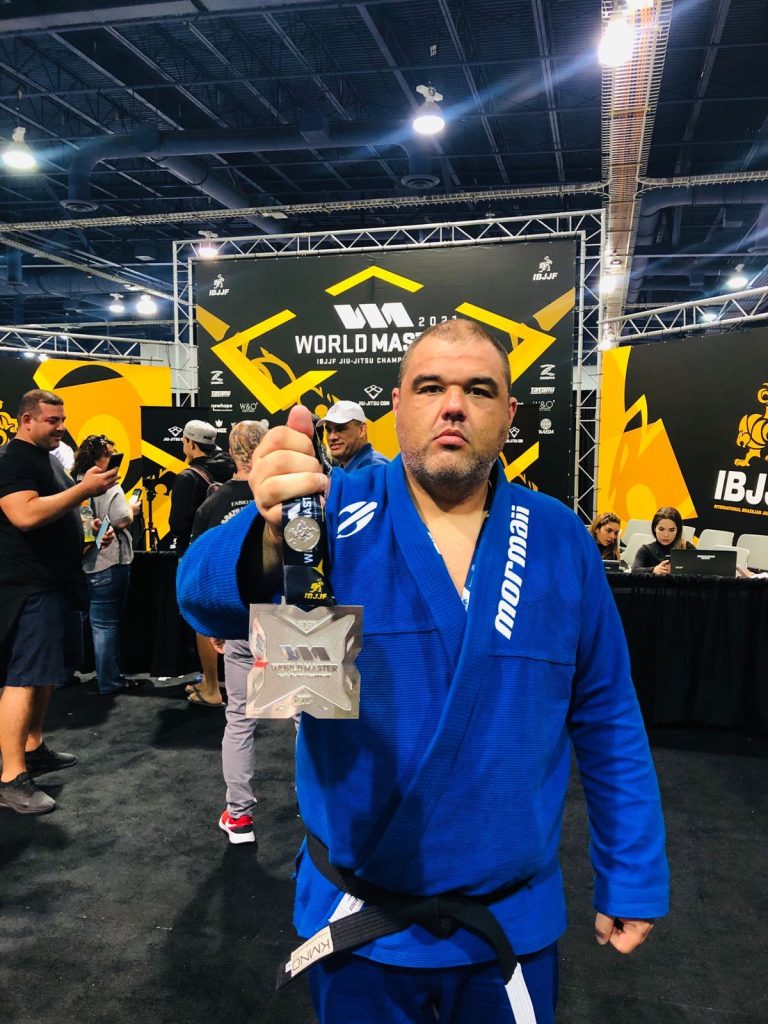
Today, we have invited the athlete and champion Karl Meliga to provide the 10 most important tips for athletes preparing to compete at the IBJJF World Championship.
Karl, an accomplished black belt with over two decades of experience, has competed on the global stage, winning numerous titles including the South American Championship, the American National Championship, and most recently, the San Jose International Open in 2024.
Known for his skill, strategic insight, and commitment to the sport, Karl shares his top preparation tips to help you reach your peak performance as you head into this major competition.
1. Start with Goal Setting and a Training Timeline
Karl emphasizes the importance of setting clear goals. Establishing a specific training timeline in advance, including short- and long-term objectives, will help you stay on track, measure progress, and adjust as needed.
2. Focus on Cardio and Endurance
Competing at the world level requires exceptional cardio and endurance. Karl suggests incorporating interval training and high-intensity circuits to build stamina, which will be critical during intense matches.
3. Prioritize Injury Prevention
BJJ training can be intense, so it’s essential to take steps to prevent injuries. Karl recommends a routine that includes stretching, mobility exercises, and conditioning for joints and muscles, helping you train consistently and avoid setbacks.
4. Study Your Opponents and Past Matches
Karl advises studying footage of potential opponents and reviewing your own past matches. By analyzing common techniques, strengths, and weaknesses, you can better prepare mentally and strategically for different scenarios.
5. Master Positional Control and Transitions
To maintain control over your matches, Karl stresses the importance of honing positional control and smooth transitions. These are foundational elements that help you conserve energy, stay in command, and set up effective submissions.
6. Drill Techniques with a Focus on Efficiency
Efficiency is key at the world championship level. Karl suggests focusing on drilling techniques to make movements precise and effective, so you can execute them without wasting energy during high-stakes matches.
7. Refine Your Guard Game
The guard is a vital position in BJJ. Karl encourages competitors to sharpen their guard techniques, especially focusing on sweeps, guard retention, and recovery. A solid guard game can prevent your opponent from advancing and open opportunities for scoring or submissions.
8. Train with Higher-Level Athletes
To push your limits, Karl recommends training with higher-level or equally skilled training partners. This exposure to different skill levels and strategies builds adaptability and sharpens your reaction times in real competition settings.
9. Prepare Mentally with Visualization and Mindfulness
Mental preparation is as crucial as physical training. Karl highlights techniques like visualization and mindfulness to help stay calm and focused. Visualize yourself executing techniques successfully and overcoming challenges in matches to boost confidence.
10. Pace Yourself and Manage Energy Wisely
One of Karl’s key strategies is learning to manage energy effectively. Instead of exhausting yourself at the start, pace yourself, conserving energy for critical moments. Karl emphasizes breathing techniques and finding rest positions to recharge during a match.
Final Thoughts from Karl Meliga
The IBJJF World Championship is a rigorous and demanding competition, but with the right preparation, athletes can elevate their performance and make a lasting impact. Karl’s advice centers on the principles of discipline, strategy, and mental resilience, which can benefit competitors on and off the mat. By following these tips, you can train smarter, stay motivated, and step onto the mat ready to give your best performance.

